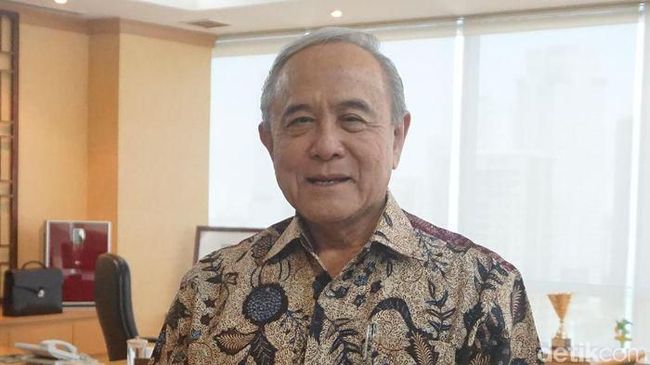By reading Tommy Chouinard this Saturday in Press1, we learned that the Minister of Economy and Innovation, Pierre Fitzgibbon, wants to give money to companies that will keep the jobs they already have through a new program of “forgivable loans”. The Minister said: “That’s 10,000 jobs created, and we’re talking about 10 billion investment projects!” However, we learn, by reading further, that the “pardon” will be determined according to the number of jobs created or consolidated after five years. I underline “or consolidated”.
Posted on March 18, 2021 at 9:00 a.m.
–
–
No obligation to create new jobs! Is this the result of having put a government of businessmen at the head of Quebec? This is the social project that the CAQ offers us? The welfare state for businesses?
Under the airs of promoting the creation of “paying” jobs, we are going to subsidize our friends in the business world without society reaping lasting benefits. Others before me would have called it corporate social welfare!
As much as the former Minister Gaétan Barrette was blamed for having favored his medical specialist friends, Minister Fitzgibbon seems to favor his business friends.
Long before the pandemic, François Legault said he hoped to propel Quebec’s economy. In an interview with Gérald Fillion, of Radio-Canada, in early 2020, he expressed his “obsession” with wealth creation. It is difficult to be against virtue and I salute the Prime Minister’s desire to increase our collective wealth.
Where there is cause for discussion, it is on the means. Is the role of the state to be an investor, a banker? Is that his expertise? Is it not rather the role of financial markets: banks, venture capitalists, investment funds, etc. ? If all these stakeholders are not ready to finance a project, should we question its business model? Is it very prudent to invest the portfolio of Quebecers in it?
In this interview, François Legault is quoted as saying: “a Guy LeBlanc project that costs $ 1, but which brings in $ 1.50 to the Minister of Finance, it is a project that is worth the effort! But in fact, how much do we get from their subsidies, equity investments and “forgivable loans”? Very smart who can say it! Although these interventions are always advertised on the pretext that they promote economic growth, such a link is rarely demonstrated in practice. There is no transparency or accountability.
Does the success of projects, as chosen by politicians and officials, depend on economic or political profitability? The question is valid.
When Mr. Legault tells us that he is investing 400 million in his friend’s company at Telesat to create “$ 100,000 jobs”, we are entitled to think that, if the business model is profitable, the business does not need government support; that it will find its capital elsewhere and that the same jobs will be created anyway.
Political or economic profitability?
Another example ? The very recent announcement of 386 million to Kruger. The agreement excludes the obligation to reinstate employees who lost their jobs in April 2020 at the nearby Kruger factory. We are therefore told the creation of jobs … forgetting those recently eliminated by the same company.
Do you see all the collective wealth that we have created?
I conclude by allowing myself to reiterate that I fundamentally believe that the State can and must take action in order to increase our collective wealth. What I question are the means chosen by the current government as well as the lack of transparency and accountability in the face of the real results of its choices.
I believe that it is essential to develop a global economic strategy, including a reflection on our competitiveness (competence of workers, fiscal policies and regulatory frameworks), which will create the favorable conditions allowing local businesses to flourish and will attract innovative and promising projects to us for the future.
1 Read the text by Tommy Chouinard
–



